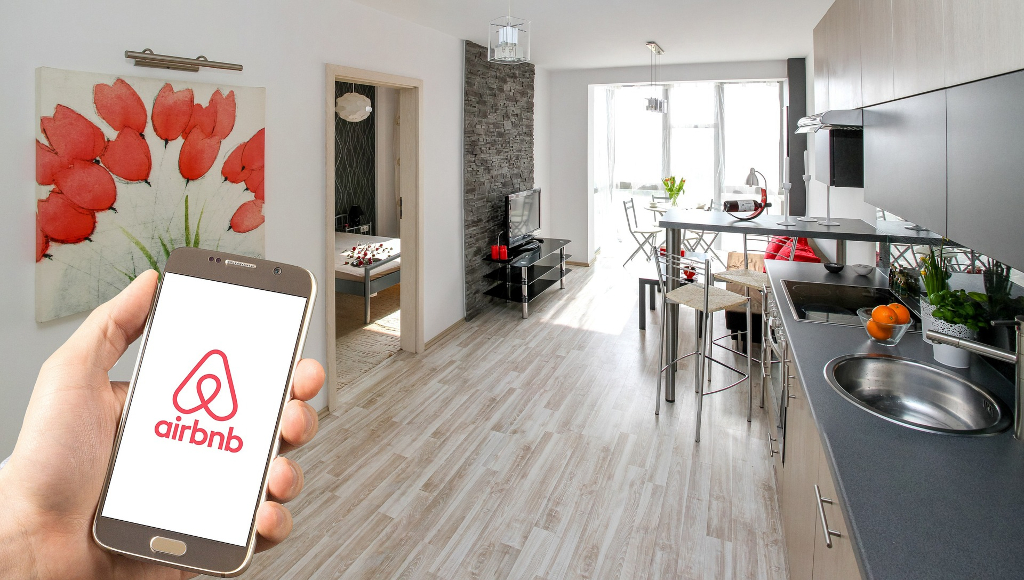Are you tempted by the idea of renting out your apartment or house through Airbnb for a side income? You are not alone. In fact, an increasing number of property owners in Washington, DC are becoming Airbnb hosts every year.
In 2018, around 6,300 DC hosts welcomed a total of 517,500 guests via Airbnb. The average Airbnb host in the District of Columbia earns approximately $10,000 per year, totaling almost $100 million.
If you have an apartment/flat or house, and can prove that it is insured, all you need to do is sign up as a host on the website of Airbnb and follow the required steps. That’s it! Or is it? Not so fast. Unfortunately, turning your home into an Airbnb rental in DC is a bit more complicated than renting one. But don’t worry, read on to find out what you need to know to legally profit from your DC home.
Beware of the Airbnb Law:
The “Short-Term Rental Regulation Act of 2018,” known publicly as the Airbnb Law, went into effect on October 1, 2019, and changed the scene for Airbnb hosts in Washington, DC by introducing a number of restrictions to short-term rentals.
According to the law, short-term rental operators are required to obtain a short-term rental business license from the DC government. Click here for details.
How many properties can I rent out?
It is important to keep in mind that you may only rent out your “primary residence” for short terms. This means you cannot offer short term rentals in your second or third homes.
How long can I rent out my space for?
A short-term rental is allowed for up to 90 nights per calendar year when the host is not present. But there is no day limit as long as the host is on the premises.
Hosts can apply for an exemption from the 90-night limit, if one of these apply:
- The host’s employer requires the host to work outside of the District for more than 90 days cumulatively in any calendar year.
- The host leaves the District to receive treatment for a serious health condition, or to care for a family member who is receiving treatment for a serious health condition, for more than 90 days cumulatively in any calendar year.
Can tenants offer short-term rentals?
DC law does not permit tenants to rent out their homes via online marketplaces.
Do unlawful short term rentals or violations of restrictions carry any civil penalties?
You may face a civil penalty of $500 for the first violation; $2,000 for a second violation; and $6,000 for a third violation and a revocation of the related short-term rental license endorsement.
What is the requirement of a “24-hour accessible point of contact”?
A host is required to provide each short-term guest a 24-hour accessible telephone number to themselves, or to a person who has authority to act on behalf of them, in the event of an emergency.
What about taxes?
DC law requires hosts to pay all applicable transient lodging taxes, including those imposed by the DC Official Code. All required taxes may be collected and remitted to the District of Columbia on behalf of the host by a booking service or person, as per the law.

